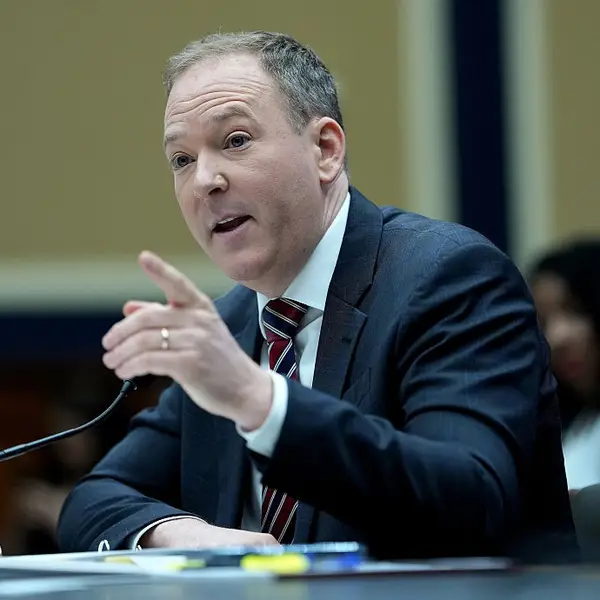Corporate interests may be winning in U.S.-EU trade negotiations, endangering public health and the environment, a new cache of documents (pdf) leaked on Tuesday show.
Backed by powerful industry advisers and bolstered by U.S. allies who have already made significant concessions to move negotiations along, the Transatlantic Trade and Investment Partnership (TTIP) deal is poised to derail European regulations around the use and transport of chemicals--regulations which are significantly stronger than those in the U.S. The deal would also limit public access to information on toxic and hazardous substances.
The documents show TTIP advisers doing their best to diminish any effort by the European Commission to enforce safety requirements from previous negotiations, which the U.S. Trade Representative (USTR) agency has called "trade barriers." An analysis (pdf) by the Center for International Environmental Law, Client Earth, and the Natural Resources Defense Council found that the TTIP aims to:
- Freeze the development and implementation of stronger, more health-protective laws;
- Derail European leadership on hormone (endocrine) disrupting chemicals, nanomaterials and other urgent and emerging issues;
- Block US states and EU Member States from taking action in the face of inaction by the US federal government and European Commission;
- Limit public access to information on toxic chemicals, impeding innovation;
- Erase important differences between EU and US laws; and
- Create duplicative inefficiencies, providing no added value to the general public.
"It is clear that the chemical industry's agenda is to delay or derail public efforts to establish protections from toxic chemicals to the greatest extent possible on both sides of the Atlantic," said NRDC senior attorney Daniel Rosenberg. "The interests of the chemical industry are not the same as the publics' and U.S. and EU officials should be strenuously opposing the industry's agenda, not eagerly abetting it."
Numerous civil society groups have repeatedly sounded the alarm against the TTIP deal and the risks it poses to public health and the environment. Other groups, like Friends of the Earth Europe, also note that the deal could lead to GMO contamination of food in Europe, where genetically modified organisms are regulated much more strictly than in the U.S.
But industry lobbyists, particularly those in the chemistry sector, "downplay serious concerns... [and] show no sign of acceptance of the generally more protective EU approach to chemicals regulation," CIEL said.
"Stronger, more precautionary and protective measures for carcinogens, hormone (endocrine) disruptors, and nanomaterials by the EU are all targeted by USTR and the chemical industry as trade barriers," said Baskut Tuncak, CIEL senior attorney. "The EU, by its own hand, has brought these and other stronger measures within the scope of TTIP, without any demand that the US elevate its standards. This is a serious concession to the US and industry."
In a letter (pdf) to USTR president Michael Froman and EU commissioner Karel de Gucht, over 110 of those groups urged against implicating the regulation of chemicals in the deal.
"Stricter controls (including restrictions on some or all uses) of hazardous chemicals - including carcinogens and hormone disrupting chemicals--are vital to protecting public health, and to moving society in the direction of greater innovation in its use of chemicals, with greater safety as a fundamental component of that innovation," the letter states. "EU and U.S. trade policy should not be geared toward advancing the chemical industry's agenda at the expense of public health and the environment--but that appears to be exactly what is currently underway with TTIP."



